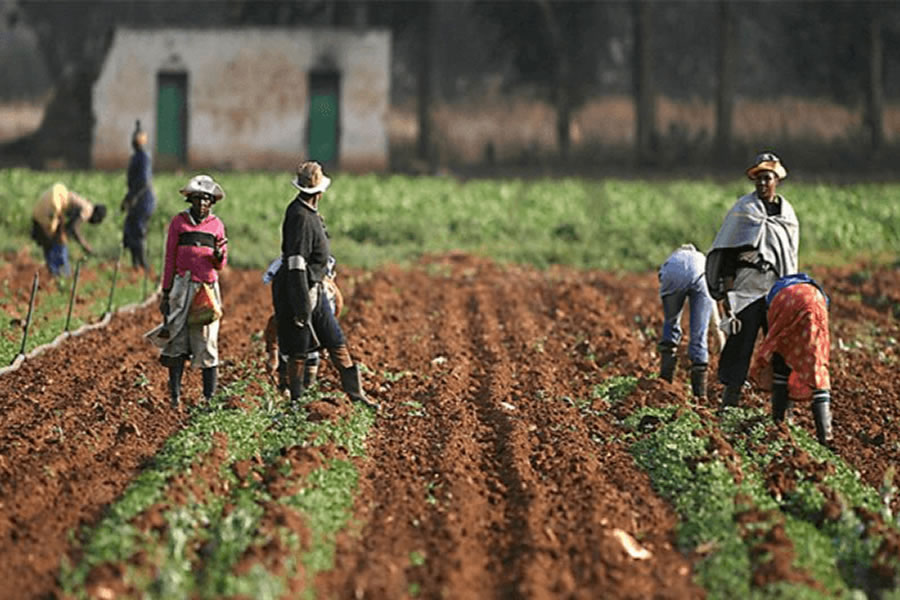Kayode Ogundayomi, Managing Director of Green Development and Agro Allied Services (GDAS), has highlighted the importance of trained personnel and proper record-keeping as key drivers for the progress of agriculture.
He emphasized that skilled workers bring valuable expertise and innovative practices to the sector, while effective record-keeping helps track progress, optimize resource use, and support informed decision-making.
Ogundayomi made these statements during a training session titled “Record Keeping as a Tool for Driving Productivity and Access to Finance in Smallholder Farming” held in Akure, Ondo State. The training, organized by GDAS, is part of the company’s efforts to assist smallholder farmers in the region. It was designed to teach upcoming farm operators financial and business management strategies, enabling them to grow into farm managers and decision-makers.
In his opening remarks, Ogundayomi stressed the significance of equipping manpower to meet modern farming demands. According to him, participants gained essential skills not only to succeed as future farmers but also to strengthen Nigeria’s food security for the long term. He added that GDAS is dedicated to transforming the agricultural sector by training key stakeholders.
He also noted that record-keeping is crucial for business growth, as it highlights areas for improvement, supports scalability, and guides the implementation of data-driven decisions. Furthermore, he pointed out that no investor would fund a farmer without adequate records.
During the training, 100 smallholder farmers were taught how to keep accurate and efficient records.
GDAS Programme Coordinator, Esther Adesina, hailed the training as a success. She said, “Farmers were engaged and eager to learn, and we are confident that the skills they acquired will positively impact their farming operations.”
The event featured a panel discussion, training session, and a Q&A session. Panelists shared insights on continuous record-keeping practices and highlighted key records to maintain, such as production data, financial information, and market trends. They explained how proper record-keeping enhances decision-making, improves productivity, and facilitates access to financing, using practical examples.
Farmers at the training expressed their gratitude for the initiative. Mr. Adeniyi John remarked, “I never realized record-keeping was so vital. I’m excited to start using my new logbook and see the difference it will make.” Mrs. Akiniyi Oluwatosin noted that although she had been keeping records, they lacked sufficient detail. She acknowledged the importance of tracking overlooked essential records.
This training is part of GDAS’s mission to promote sustainable agriculture and empower smallholder farmers in Nigeria.

